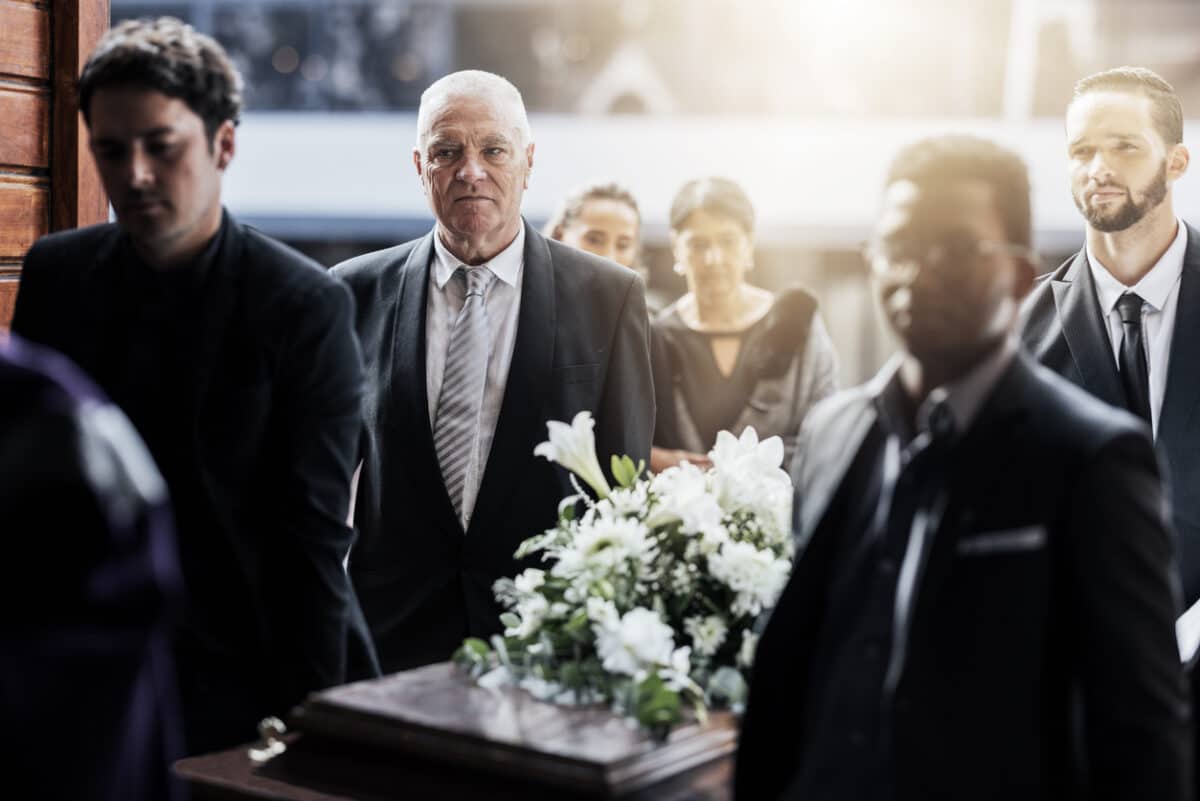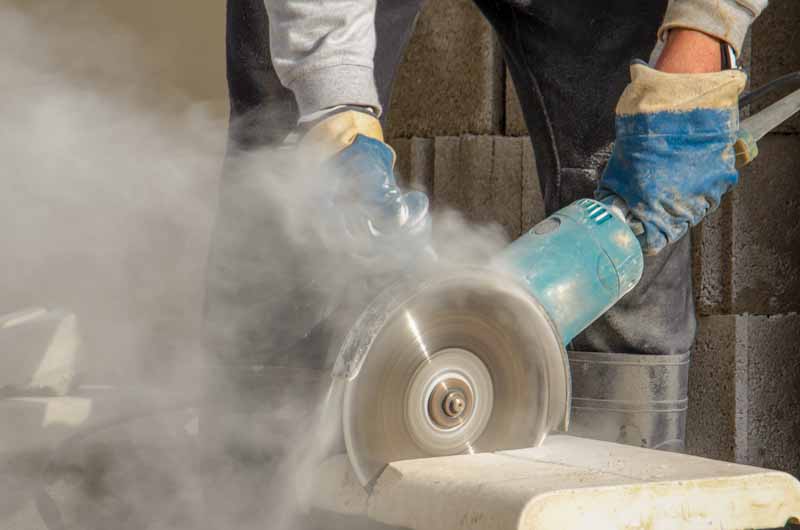On March 17 2023, the Australian government released the Productivity Commission’s latest 5-year Productivity Inquiry report. At well over a thousand pages, few people are going to read it to the level it deserves. Nor will I, but I have dipped into it and found a couple of important comments that relate directly to the management of occupational health and safety (OHS).
Category: risk
Getting the (political) balance right
One can never accuse politicians of deep or systems thinking on the issues and policies for which they are responsible. Victoria’s Minister for WorkSafe, Danny Pearson, spoke at a press conference on March 6, 2023, about the viability of the workers’ compensation systems, which he described as broken, during a substantial increase in claims for workplace mental injury. Premier Dan Andrews has spoken of this matter since and with a similar perspective – politics rather than occupational health and safety (OHS).
How this issue develops over the next month may determine who speaks for the government at the April 28 Workers Memorial event.
Big consultancies sully their own nest
Large consulting firms have been getting a hammering lately. Fraud, leaking information, work-related suicides, corruption, unethical behaviour……. I bet they are nostalgic for the good old days when they were primarily auditors. There are several occupational health and safety (OHS) connections with the Big4, Big3 or Big 7. Auditing is the obvious overlap, but several recent books have identified some other strange relationships with Government that affect policy that, in turn, affect OHS. This is a brief look at one of those books – The Big Con.
Any OHS strategy needs to generate spillovers
Reading Safe Work Australia’s latest ten-year strategy forced me to think creatively.
SWA’s discussion of Persistent Challenges suggests controls that are almost all at the Administrative Control level – education, awareness, knowledge, training, understanding, support, communication and more. This is after admitting that:
“Injury and fatality rates have fallen significantly over the last decade. However, progress has slowed.”
Page 5
How can we increase the use of the Hierarchy of Controls (HoC) in determining safety-related policy? How can we get organisations to progress up the control hierarchy to show others that it is possible to prevent all of the incidents that everyone agrees are preventable? (Refer to WorkSafe Victoria’s Colin Radford for a recent example of this belief:
“Every workplace incident, every injury, every illness, every death is entirely unequivocally preventable.”)
Engineered stone and deadly silica risks seem here to stay
So Australia did not ban the importation of engineered stone. The Heads of Workplace Safety Authorities (HWSA) have issued a Communique and a joint media release outlining their decision. It’s a political slap in the face to the trade unions who went hard on the ban.
Many organisations supported the call to ban the importation and use of engineered stone due to the unacceptable risk associated with cutting the product. Many were strident in need for the ban. Even the Federal Minister for Workplace Relations, Tony Burke, was talking tough on the morning of the critical meeting of the Heads of Workplace Safety Authorities. So what went wrong?
Plenty of sparkle but little spark
The latest awards night for WorkSafe Victoria achieved its scope – present awards for people and organisations who do occupational health and safety (OHS) well. Some categories are for extraordinary effort, achievements or innovation, and winning any award from WorkSafe is important to the winners, but some were flat.
Silicosis campaign is about safety but is also about politics
The calls for banning engineered stone‘s importation are curious and likely to be acted on later this week.
Politicians, unions and some OHS associations have undertaken a risk assessment and determined that elimination is the most effective harm prevention strategy. Previous risk assessments of silicosis have been reported on in this blog for some time without banning the material. The risks have not changed even with increased inspection and enforcement. So what has changed? Politics.






